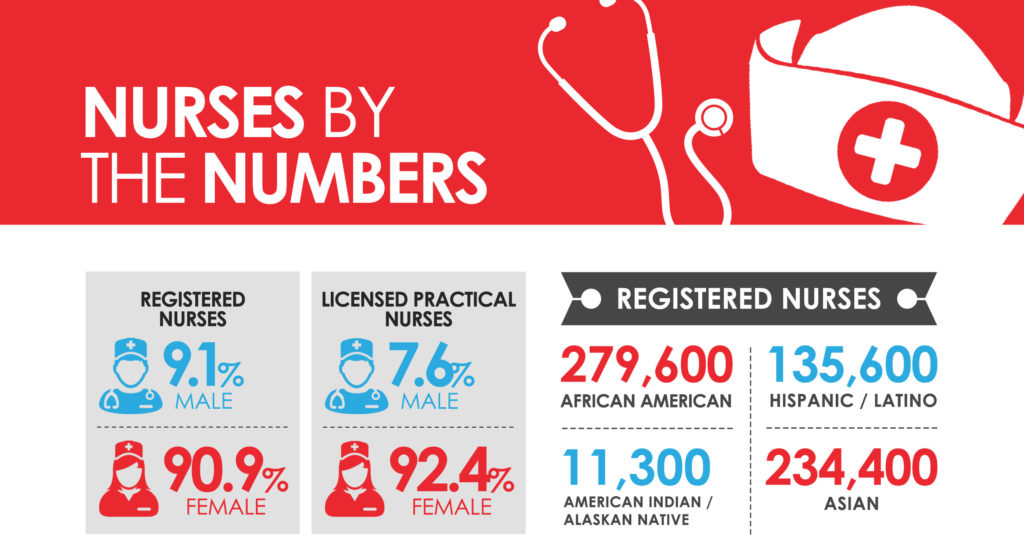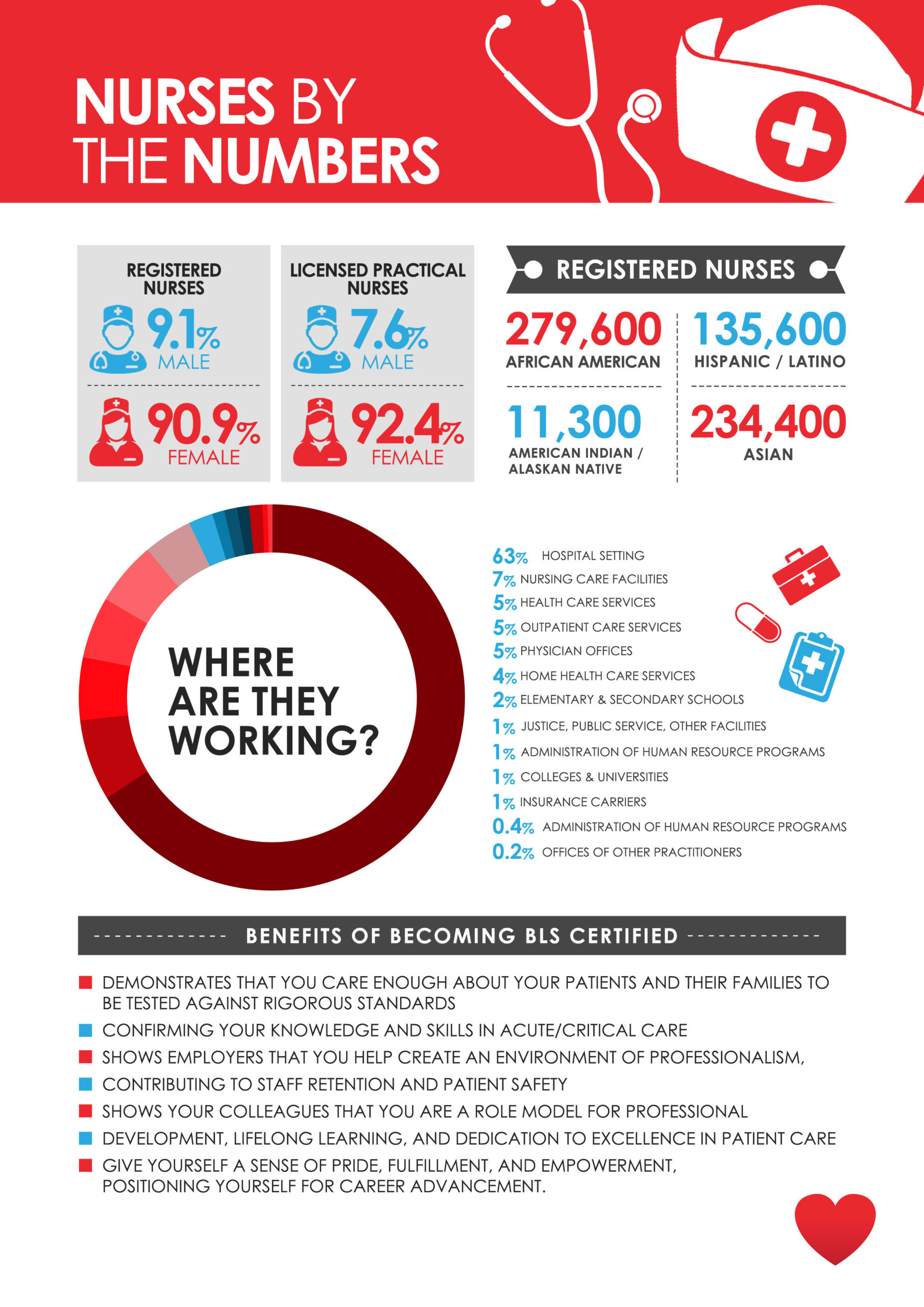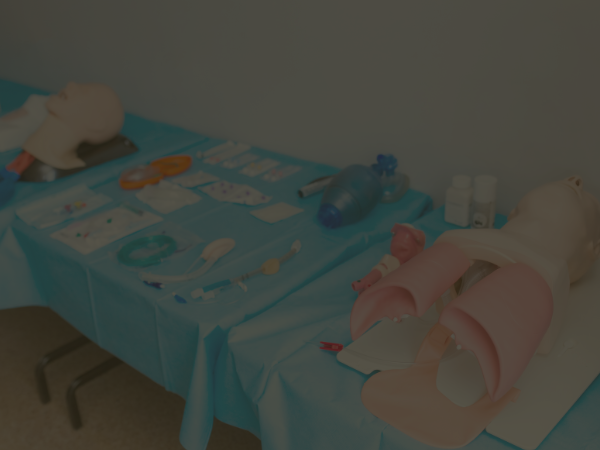Who Are Our Nurses?
Nursing is the most demanding and critical part of health care and is the largest section of the health profession. According to the World Health Organization, more than 29 million nurses and midwives are active in the world, and more than 5.5million of those are in the United States. The popularity of the career has skyrocketed in the 2000s, including the popularity of working in various environments throughout the health care industry in the United States. To learn more about who are our nurses, be sure to check out and download our infographic below! Whether you’re a current nurse or an aspiring nurse, you can learn more about who our nurses are, find where you might fit into the health care industry, and learn more about the steps you can take towards a career in the health care.
Whether you’re a current nurse or an aspiring nurse, you can learn more about who our nurses are, find where you might fit into the health care industry, and learn more about the steps you can take towards a career in the health care.
Nurses by the Number
There are over 5.5 million nurses and nurses aids in the United States, making them more than the population of 30 states and 5 times the size of the US army. This number includes 2,824,641 registered nurses (RNs) and 690,038 licensed practical nurses (LPNs). Nurses save lives and are some of the hardest working individuals in the workforce.
The Working Nurse
Nurses put in 11 billion hours of work throughout the year. On average, RNs work 36 hours a week. Nearly 85% of the RN population, or about 2,596,600 RNs, are employed in nursing. So where are these RNs working?
-
- 63% work in a hospital setting
- 7% work in nursing care facilities
- 5% work in health care services
- 5% work in outpatient care facilities
- 5% work in physician offices
- 4% work in home health care services
- 2% work at elementary and secondary schools
- 1% work in justice, public service, and order facilities
- 1% work in insurance carriers
- 1% work at colleges and universities
- 1% work at administration of human resource programs
- 0.4% work at residential facilities
- 0.3% work in the offices of other practitioners
Hospitals provide medical and surgical treatment and nursing care for sick or injured people and hire more RNs than any other employer. Many graduating nurses wish to work in hospitals for at least a year to get the experience that comes with it, but can struggle to land the job because hospitals want experienced nurses. Hospitals have different units within it, so nurses can work in different specialties. For example, nurses may work in the labor and delivery department, intensive care unit, etc.
Nursing care facilities provide care to individuals who have no need to be hospitalized, but are unable to live at home by themselves. The nurses here may provide medical care, as well as therapeutic techniques to their patients.
Minorities in the Nursing Industry
There exists many minority groups within the nursing industry. 9.1% of RNs and 7.6% of LPNS are male. About 279,600 RNs and 162,800 LPNs are African American, 135,600 RNs and 51,800 LPNs are Hispanic or Latino, 234,400 RNs and 24,800 LPNs are Asian, and 11,300 RNS and 4,100 LPNs are American Indian or Alaskan natives.
Interested in a Career in Nursing?
Are you interested in a career in nursing? Check out some of our other blogs!
Your First Step: Becoming BLS Certified
The first step for anyone interested in working in the healthcare field should be becoming BLS certified. BLS certification provides individuals with the skills necessary to respond to someone in medical distress. Unlike other forms of life support, such as Advanced Cardiovascular Life Support (ACLS), BLS training is available and useful for anyone, even those without experience in the field. Becoming BLS certified demonstrates that you care enough about your patients and their families to be tested against rigorous standards, confirming your knowledge and skills in acute/critical care, shows employers that you help create an environment of professionalism, contributing to staff retention and patient safety, shows your colleagues that you are a role model for professional development, lifelong learning, and dedication to excellence in patient care, and give yourself a sense of pride, fulfillment, and empowerment, positioning yourself for career advancement.
Nurses in Hospitals: Which Floor/Unit?
There are dozens of career opportunities in nursing, ranging from direct-care in pediatrics to working in skilled nursing facilities (SNF). Experienced nurses may also consider working for health care agencies, opening the door to opportunities to work on different floors every week. But, figuring out which floor to work on as a recent graduate can be trying. Meanwhile, nurses working positions in units may want a change and feel uncertain about which specialty is right for them. By following the tips in this article, you can work through the requirements for different units and care settings and find your ideal specialty in nursing.
Other Health Care Positions: Becoming a Certified Nursing Assistant
Career opportunities for certified nursing assistants (CNAs) and entry-level health care occupations are expected to continue growing through 2026, reports the U.S. Bureau of Labor Statistics. Working as a CNA is one of the most common ways to begin a career in health care, and as the need for CNAs increases in skilled nursing facilities and home health, which are expected to grow by 24 percent in the same time frame, CNAs will have a greater opportunity to work in additional care settings through agencies. Of course, being an agency health care professional requires additional skills like BLS certification, compared to working in a single facility.
With over 5.5 million nurses and nurse’s aids in the United States, there are a variety of environments they choose to work on. Nursing is a very rewarding career. Check out our infographic to find out more on the topic!
Are you a nurse or interested in becoming one? Get BLS, ACLS, or PALS certified 100% online through NHCPS!








Leave a Reply